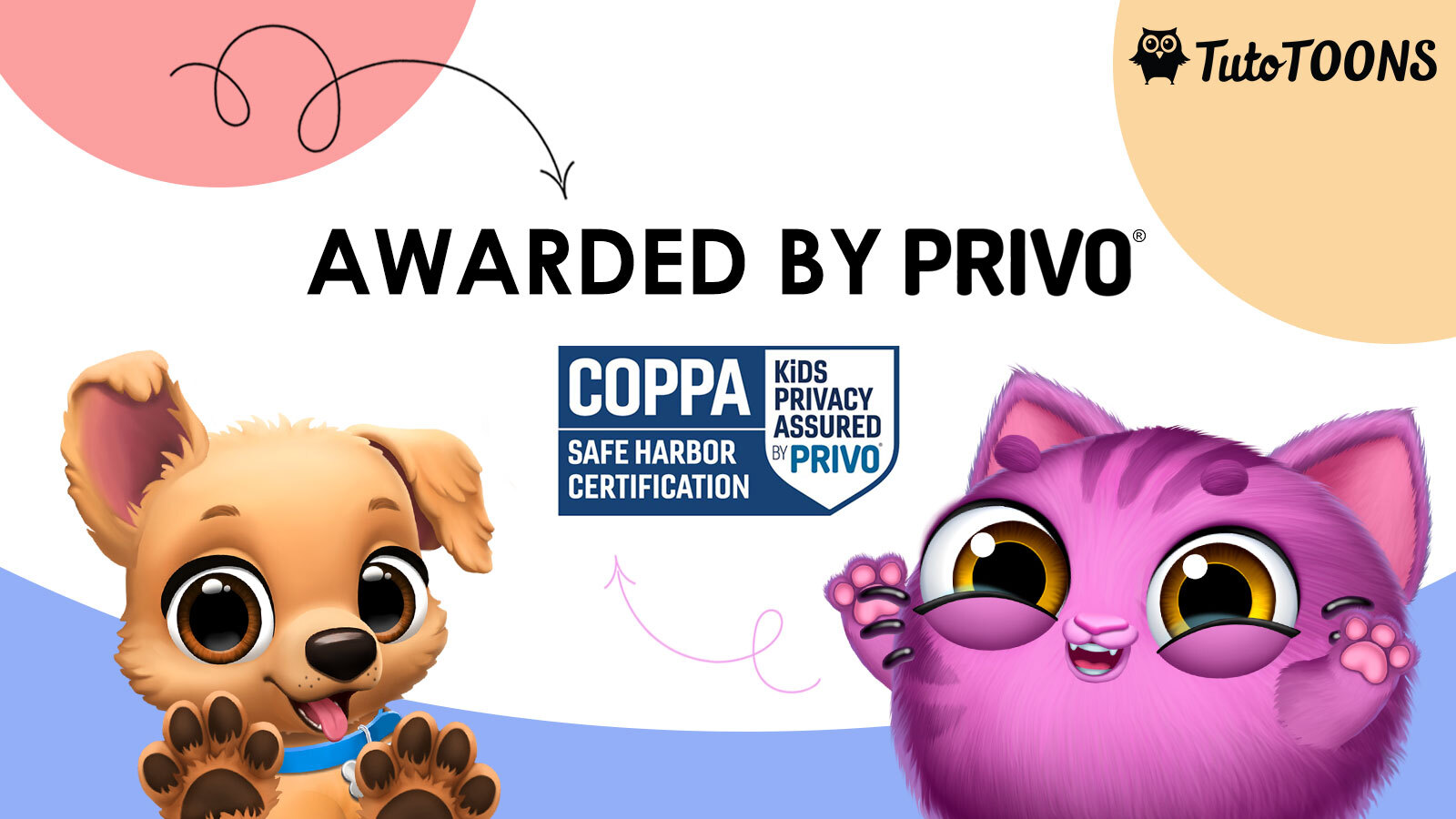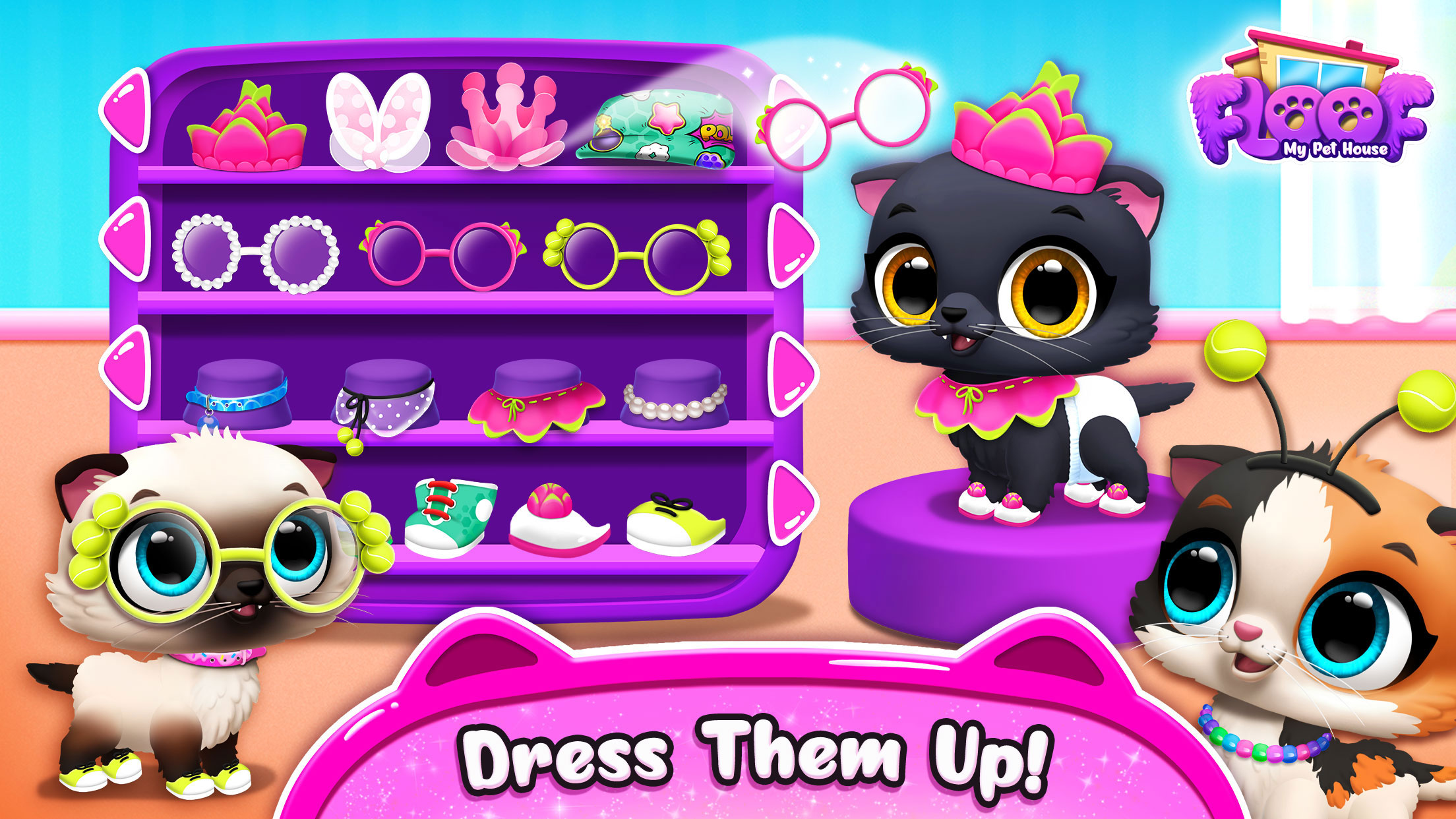The new update is out now! Meet adorable new kitty and doggo in the FLOOF game! Also, a cheeky raccoon is wandering around... Will the pet cause some mischief? Play and find out!
Welcome to the cute dog and kitty pet house! Adopt a virtual animal family and watch your pets grow! Decorate their house and play fun puzzle, adventure, cooking, and dress up games! Take care of your animal family - feed them, make them go potty, bathe, dress up with cute clothes and play cool mini games with your pets!
Download FLOOF – My Pet House –
Google Play – https://bit.ly/2PpcJzQ
App Store – https://apple.co/3uOxvcE









